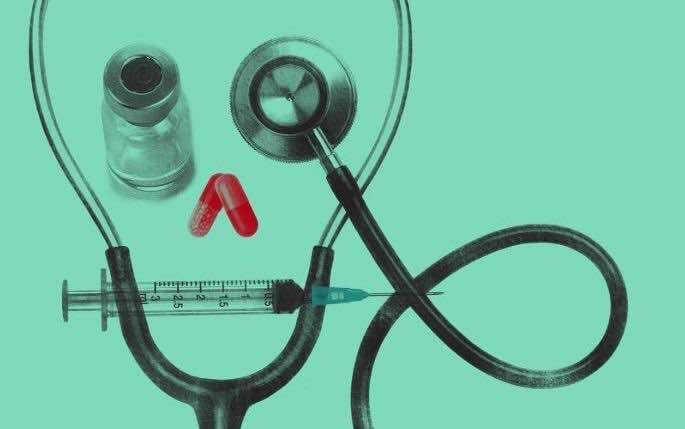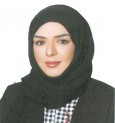Legal blog
Provisions of Medical Liability in the UAE

The UAE legislator dealt with the provisions of medical liability and put the legal rules governing it through the provisions and articles of Federal Law No. (10) of 2008 and its implementing regulations issued by the Cabinet Resolution No. (33) of 2009.
In 2016, the UAE legislator issued Decree Law No. (4) of 2016 on medical liability, which explicitly cancelled the Federal Law No. (10) of 2008 on medical liability, while keeping the implementing regulation of the canceled law in force as an implementing regulation of the new law until issuing a new implementing regulation as per the provisions of Article (42) of the decree.
The first article in the said decree law has defined the medical profession and its associated professions as "a medical profession or associated professions thereto as defined by a decision of the Minister of Health and Prevention". The practitioner of the profession is also defined as "practitioner of a medical profession or the professions associated thereto as defined under a decision issued by the Minister".
The Honorable Minister of Health issued Ministerial Resolution No. (188) for the year 2009 concerning the medical professions and the identification of the associated professions thereto as stipulated in Article (1) of the mentioned resolution, and examples of the medical professions are "the profession of medicine, the profession of dentistry, the profession of pharmacy". Examples of professions associated with the medical profession are "nursing- anaesthesia- optics- mental health- physical therapy- medical aid...etc."
The legislator dealt with the definition of medical malpractice as any act committed by a practitioner of a medical profession or associated professions thereto which are determined by a decision of the Minister, due to any of the reasons specified provided in Article (6) of the decree law:
1. Ignorance in the technical matters that are supposed to be known by any practitioner of the same degree and specialization.
2. Non-compliance with the recognized professional and medical principles.
3. Not exercising due diligence.
4. Negligence, not paying attention and not follow the precaution and caution.
The law forbids the practitioner of the profession to terminate the patient's life for any reason whatsoever, whether at the request of the patient himself or the request of his guardian. It also prohibits the lifting of the patient's cardiopulmonary resuscitation equipment unless it is assured that the heart and breathing completely and permanently stopped, or all functions of the brain completely and permanently stopped in accordance with strict medical standards issued by the minister of health and prevention. However, it is permissible to allow the occurrence of natural death by not performing cardiopulmonary resuscitation for the patient in case of dying, provided that the conditions prescribed by the legislator in Article (11) of the above-mentioned decree law are fulfilled.
The law also prohibits human cloning, doing researches and experiments with the aim of reproducing a human being, assisted reproductive technology that may not be performed on a woman or an embryo planted in her womb except from the married couple and with their written consent, provided that this shall occur during the life of their lawful marriage. The legislator also prohibited the physician from performing an abortion surgery or prescribing anything that may induce an abortion except in the following two cases only as an exception:
1. If a continuing pregnancy poses a risk to a pregnant woman's life.
2. If it is proven that the fetus is mutilated.
The legislator stipulated certain conditions in Article (16) that shall be fulfilled in order to perform any of the two above mentioned cases. The legislator assures that all conditions shall be fulfilled in the case that the physician may perform surgery or prescribe anything that may induce an abortion of the woman.
The legislator then discussed in Article (17) of the law the cases of non-establishing the medical liability of the practitioner and limited these cases to the following:
1. If the harm is not caused by any of the reasons set out in Article (6) of this Decree and the implementing regulations issued hereunder.
2. If the harm is caused by the patient's action or his refusal of the treatment or his failure to follow the medical instructions given to him by those responsible for his treatment, or if the harm is caused by some external reason.
3. If the physician uses a certain medical method in the treatment contrary to those of other physicians in the same specialization so long as such method conforms to generally accepted medical principles.
4. If the recognized or unexpected medical effects and complications in the field of medical practice occur and not caused by medical malpractice.
Written by:
Dr Amira Al Bastaki | Dr Amira Al Bastaki Advocates and Legal Consultants

This publication is for general information purposes only. It does not purport to provide comprehensive full legal or other advice.
Legal Advice Middle East and the contributors accept no responsibility for losses that may arise from reliance upon information contained in this publication. This publication is intended to give an indication of legal issues upon which you may need advice.
Full legal advice should be taken in due course from a qualified professional when dealing with specific situations.
